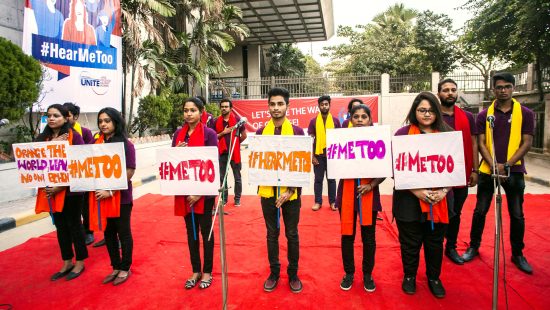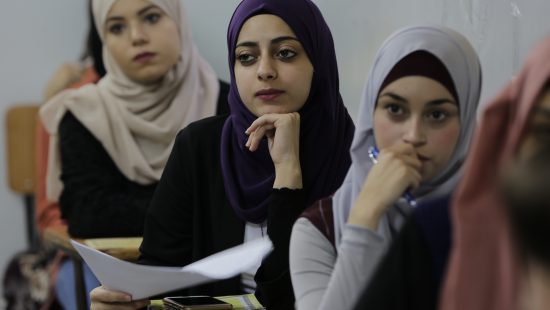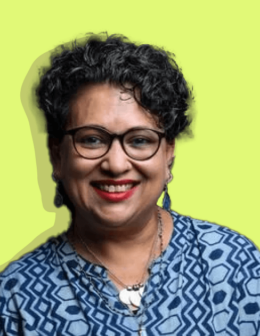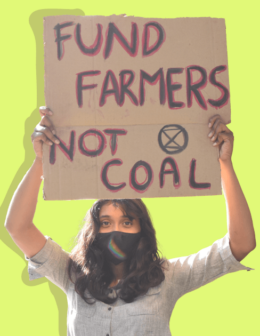We're flipping the script
JOIN
1.9 RISING
Only 1.9% of all charitable donations are made to organizations dedicated to women and girls. And Black feminist social movements get even less—smaller than 0.5%! Join us to help change the status quo.
1.9 RISING
Only 1.9% of all charitable donations are made to organizations dedicated to women and girls. And Black feminist social movements get even less—smaller than 0.5%! Join us to help change the status quo.
WE SUPPORT GENDER JUSTICE MOVEMENTS TO CREATE MEANINGFUL CHANGE THAT WILL LAST BEYOND OUR LIFETIMES.

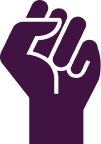

LATEST NEWS
Feb 29
What is a movement? [Infographic]
Infographic: What Is a Movement? Lasting change happens when people join together and form a movement. But what exactly is a movement, and how do we know they matter? Learn more in this infographic! Related Articles Make an impact Donate Sign up for our newsletter
Jan 29
#InMotion, our 2024-2026 Strategic Plan
Movements are setting change #InMotion, and Global Fund for Women is here to support them every step of the way. Learn how we'll do it in our new 2024-2026 Strategic Plan.
Nov 16
PeiYao Chen Announced as the New President & CEO of Global Fund for Women
Global Fund for Women is pleased to announce that PeiYao Chen will be our next President & CEO. PeiYao Chen currently serves as the Senior Vice President of Global Operations at Global Fund for Women, and will take over leadership as President & CEO from Latanya Mapp Frett beginning January 1, 2024.
Nov 03
Feminist Leaders Call to #StopTheMassacre in Palestine
There must be an immediate ceasefire and an end to the genocide, collective punishment, and forcible transfer of the Palestinian people in Gaza.
Sep 14
What is the impact of the Generation Equality for Feminist Movements?
The Feminist Accountability Framework offers a new report with feedback from over 700 grassroots feminist organizations in the pilot countries where the Framework is being implemented — Kenya, Burkina Faso, Brazil, Guatemala, Cambodia, Fiji, Nepal, and India.
MOVEMENTS MOVE MOUNTAINS
We envision a world where movements have transformed power and privilege for a few into equity and equality for all. Our movement-led approach embodies a new kind of philanthropy that shifts power into the hands of those working at the frontlines of gender justice.
